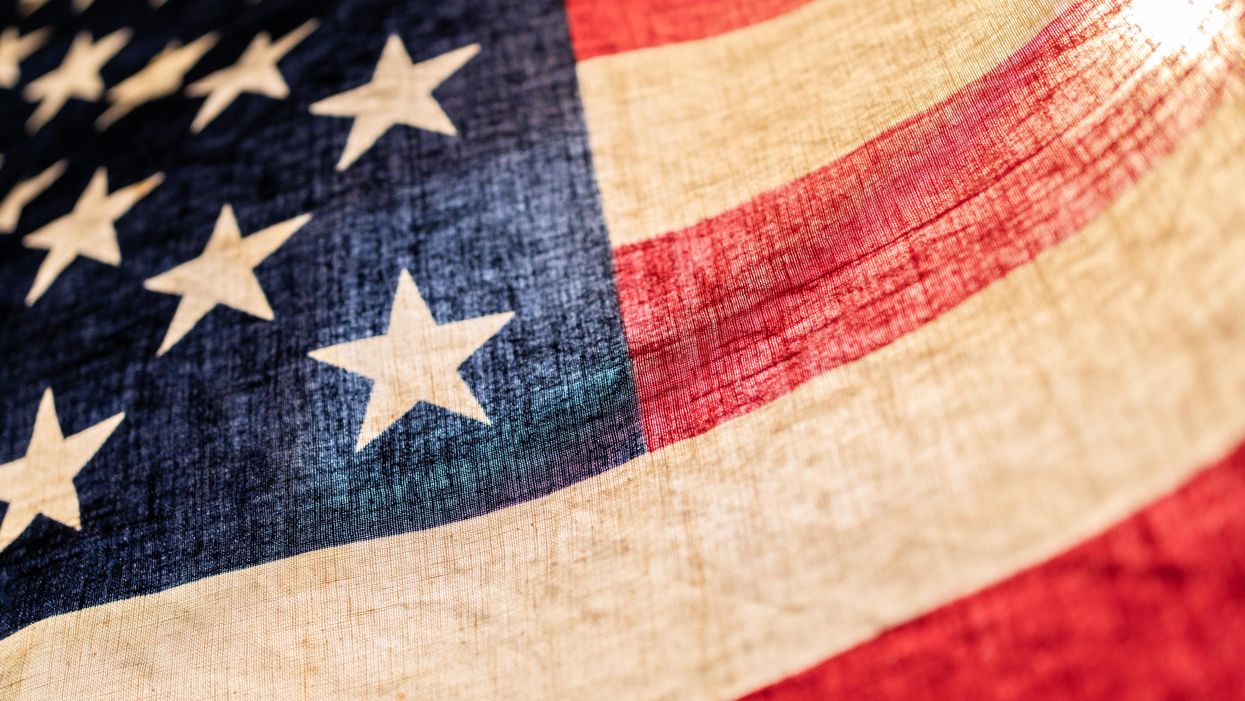Molineaux is president/CEO of the Bridge Alliance Education Fund, and Nevins is its co-founder and board chairman. They are co-publishers of The Fulcrum.
As Americans we are on a path to discard and diminish the concerns of our fellow citizens. This is a destruction of our democratic values as most people sit on the sidelines, picking whom we hate more.
As publishers of The Fulcrum we are dedicated to supporting the democracy ecosystem and the individuals and organizations striving to repair and reform our democracy so that it works more effectively in our everyday lives. A healthy democracy ecosystem allows all citizens and community members the opportunity to participate fully in society.
Unfortunately, today's toxic polarization has reached the highest levels of animosity since pre-Civil War. No longer are citizens just partisan for the candidate or the party that they support. Instead, a growing "negative partisanship" is driving our political process and poisoning our commitment to democratic values.
Not only do liberals and conservatives disagree, they actually hate each other and thus rather than supporting the positions of the party they like, they oppose positions of the other party no matter how reasonable their policies might be, merely because it comes from the party they dislike. We seem to hate each other more than we love our nation.
As a result, according to Emory University professor Alan Abramowitz and student Steven Webster, "the parties hang together mainly out of sheer hatred of the other team, rather than a shared sense of purpose." When negative partisanship dominates, a political coalition is united far more by animosity than policy. The policy priorities are malleable and flexible, so long as the politician rhetorically punches the right people.
Social scientist Lee Drutman and others postulate that "negative partisanship" has reached levels that are not just bad for democracy, but are potentially destructive. And extreme partisan animosity is a prelude to democratic collapse.
As Drutman points out, it hasn't always been this bad. "Forty years ago, when asked to rate how 'favorable and warm' their opinion of each party was, the average Democrat and Republican said they felt OK-ish about the opposite party. But for four decades now, partisans have increasingly turned against each other in an escalating cycle of dislike and distrust — views of the other party are currently at an all-time low."
The solution to this destructive mindset amongst politicians and citizens alike will not be easy. We must re-frame our thinking as a people. We must create a new narrative of cooperation, collaboration that is solutions focused. We must embrace the diversity that is America and find the best from the left, the right and the middle. We must decide to like each other and respectour common humanity. Maybe even acknowledge some reasonableness in each other's perspective. We must start loving our country and democratic values enough to stop hating our political opponents. The Rev. Martin Luther King Jr. spoke poignantly to the problem facing America in the 1960s that still resonates today:
"Darkness cannot drive out darkness; only light can do that. Hate cannot drive out hate; only love can do that."
And his decision about his response to hate:
"As my sufferings mounted I soon realized that there were two ways in which I could respond to my situation — either to react with bitterness or seek to transform the suffering into a creative force. I decided to follow the latter course."
To do so we must support and engage a new cohort of diverse community leaders (across ideological, racial/ethnicity, generational and gender lines) who embrace a crosspartisan problem-solving approach to governance.
We must come together as a constituency of millions demanding a new approach to governance from our leaders. How might we, the citizens of the United States, demand our elected officials do the work of governance instead of endless campaigning?
A "Crosspartisan Creed" that embodies principles based on finding commonalities that transcend the divides that separate us is already engaging hundreds of thousands of Americans. A democracy ecosystem of Democrats, Republicans and independents is growing and elevating the voice and capacity of diverse community leaders via strategic investments with community/regional foundations.
Within a democracy ecosystem, we can work together to clean up the toxicity and remove invasive species like foreign influence, disinformation and propaganda. We must examine our own thinking to root out the toxicity we have. We need to create a habitat in which our democratic values will thrive, so we humans can thrive, too.
Our failure to do so is to remain on the path to authoritarian rule.



















Trump & Hegseth gave Mark Kelly a huge 2028 gift